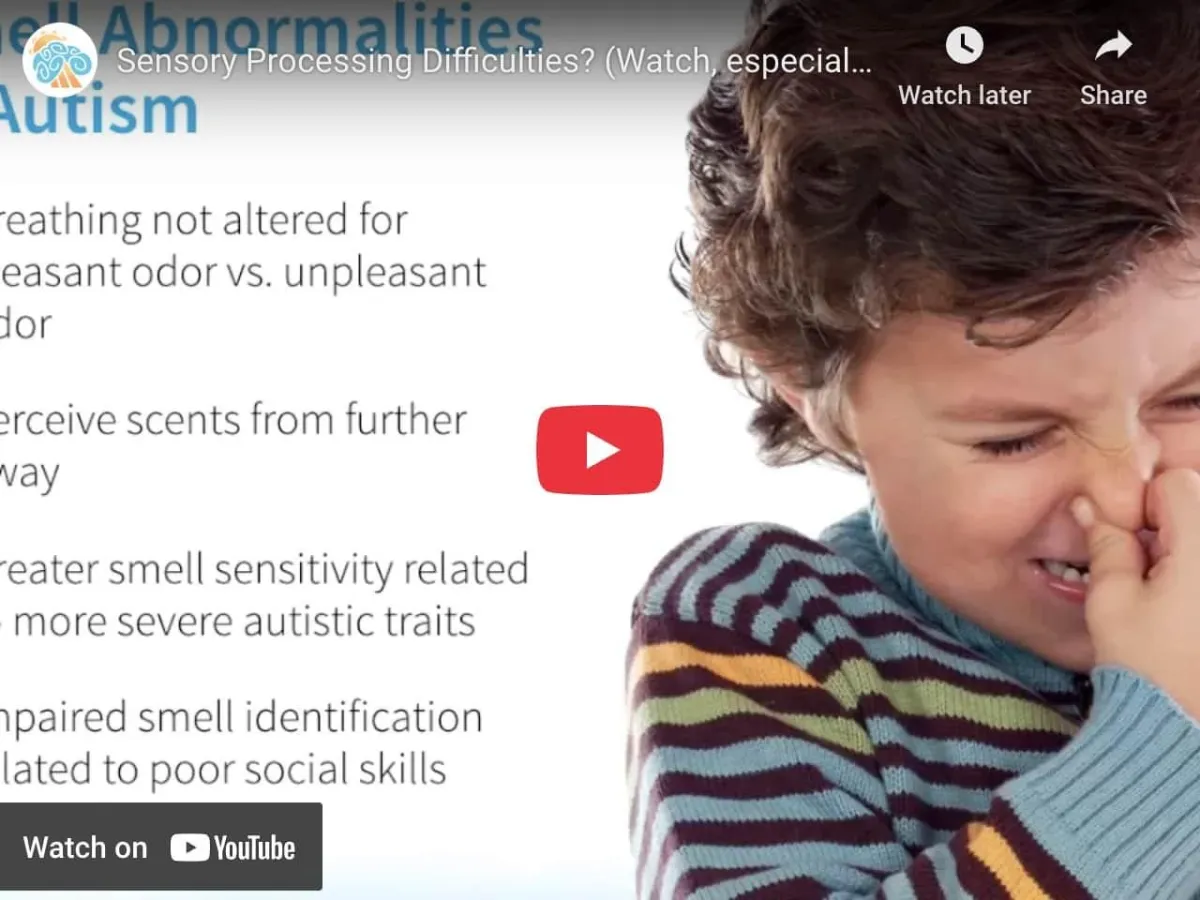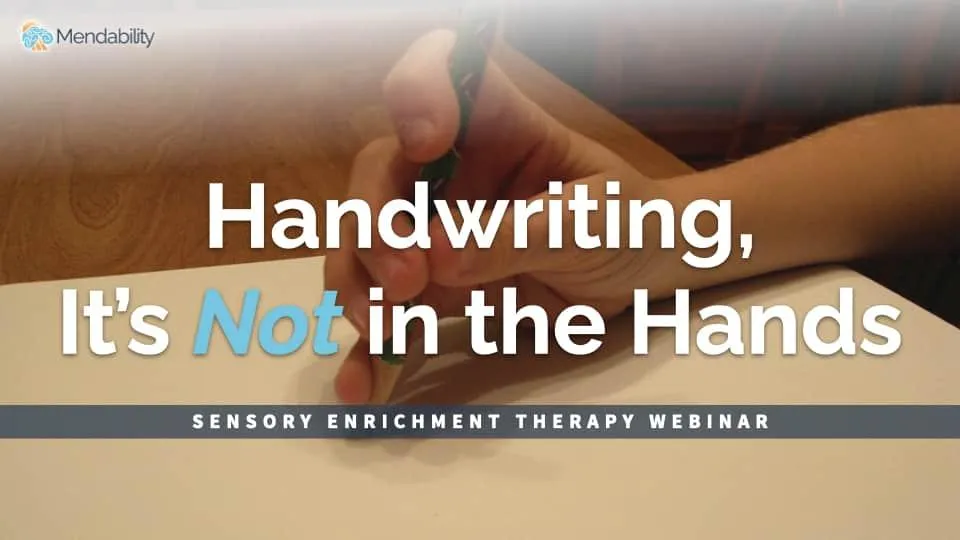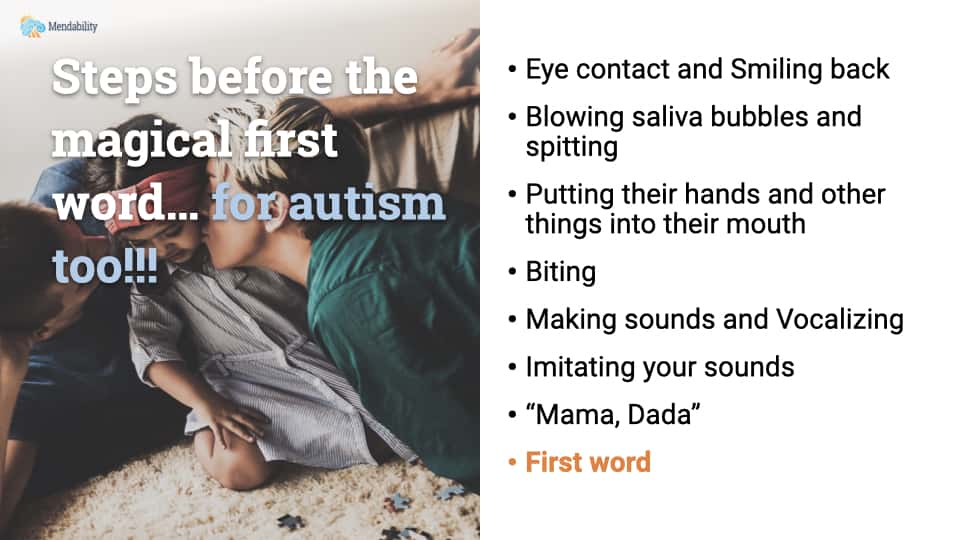
Anxiety checklist: How do I know if my child has an anxiety problem?
Anxiety in adults vs anxiety in children
Anxiety seems to be an adult problem. Even if each person deals those issues differently, most adults can empathize with an adult friend who talks about his or her anxiety.
Anxiety in children is quite different in one major aspect: children do not talk about their anxiety. This is not a word that belongs to their world and they generally do not know that they suffer from anxiety.
Normal anxiety in children vs clinical anxiety
Children experience various states of anxiety from the moment they are born, due to lack of experience and lack of communication. Sometimes it is easy to tell if a child is anxious by their crying and clingy behaviors but, generally, a child’s anxiety is hard to recognize and differentiate from a temporary bad mood, pain, personality development or confrontation.
To make things more complicated, a child’s anxiety can be a response to an environmental situation where one, or both, of the parents are anxious themselves and therefore less able to acknowledge their child’s emotional state.
Some children hide their anxiety because it is too difficult for them to express it to others.
The feeling of anxiety is overbearing and frightening, particularly if your parents do not acknowledge it or talk about it. The same major feelings defining anxiety are identical in children and adults:
constant and unreasoned fear,
feeling of loneliness,
sadness,
feeling of lack of power, and
associated psychosomatic pains, such as: headache, digestive problems.
Meltdowns and Defiant Behavior
Some, if not most, children turn their anxiety into angry tantrums or defiant behaviors. Parents often respond with disapproval and discipline the child, thus entering into a vicious cycle which makes everyone more and more miserable and adds to the child’s anxiety.
Anxiety is a severe threat for health and research has demonstrated that it worsens with time, if the person is not helped. It is important to look for signs of anxiety in order to be able to help.
The Checklist
The following checklist can help you observe your child and recognize anxiety. If you recognize with certainty at least five of these traits, you need to help your child :
Pessimism and negative thinking patterns, such as imagining the worst
(E.g. Dad is going to have a car accident; my school peers are going to hurt me)Constant worry about things that might happen or have happened
Over-exaggerating the negatives
(E.g. This bad thing ALWAYS happens to me)Rigidity and inflexibility, self-criticism, guilty thoughts, etc.
(E.g. I will never be able to do that, I will never know how to…)Anger
Aggression
(This is sometimes discreet, like quietly pushing a younger sibling or breaking someone’s property on purpose.)Restlessness, irritability, tantrums
Opposition and defiance
Crying
Physical complaints such as stomachaches, headaches, fatigue, etc.
Avoidance behaviors, such as avoiding things or places or refusing to do things or go places
Sleeping difficulties, such as difficulty falling or staying asleep, nightmares, or night terror
Perfectionism
(E.g. tearing off a drawing to redo it, or scratching out a line or a word till it can’t be seen before rewriting it)Excessive clinginess and separation anxiety (can look like acting out to force the parent to cancel an appointment to stay home)
Procrastination
(E.g. will start later, will finish in a moment…)Poor memory and concentration
Withdrawal from activities and family interactions
Eating disturbances
(E.g. hides to eat snacks, shows sudden aversions to some foods…)
Next step?
If this checklist raised some questions, we recommend you speak with a physician about the issue.
Sensory Enrichment Therapy has been shown in a 1,002 person study to reduce symptoms related to anxious behaviours significantly. If you would like to try this therapy, we recommend that you first book a free consultation with one of our therapists.
Is anxiety an area of concern for you or your loved one?
Sensory Enrichment Therapy™ is designed to work on the mechanisms of feeling peaceful and resilient by boosting brain plasticity in these areas.
Click Here to schedule a free consultation



